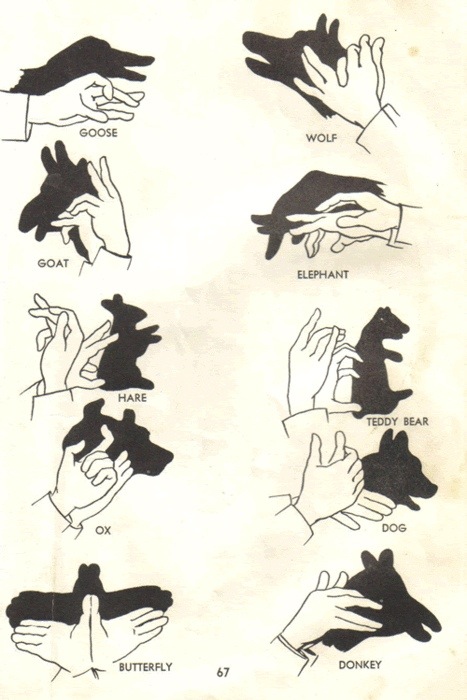In part three of the series The Difficulty of Sharing Our Faith, on GospelCenteredDiscipleship.com, Jonathan Dodson writes on Tolerance. (Parts 1 & 2 dealt with not wanting to be “preachy,” or think sharing our faith must wait until we have a deeper relationship with someone.) Dodson begins part 3:
It can be difficult to share our faith. Sometimes when opportunities arise to share our faith, we shrink back because we don’t want to be intolerant. We don’t want to come across as demeaning of other’s beliefs or exclusivist in our own beliefs. This can be very positive concern, though it has some shortcomings too.
Tolerance as Christian Love
Tolerance can be either an expression of Christian love or intellectual and relational carelessness. How do you know if your tolerance is loving or careless? It depends on what we mean by tolerance. In The Intolerance of Tolerance, D. A. Carson helpfully clarifies the meaning of tolerance. He points out that there are two types of tolerance: old and new.
The old tolerance is the belief that other opinions have a right to exist. This is a very Christian notion. Jesus taught us to love our neighbor, and even our enemy. The Christian ethic of love should compel disciples to tolerate other beliefs and religions. We ought to grant others the right to believe whatever they desire to believe. After all, what people believe is a deeply personal and profound matter. It isn’t like picking out a ripe banana at the supermarket. Our beliefs require much more thought and investment. Love values people and respects the things they hold dear. Since Christians are to love God, neighbor and even enemy, tolerance (believing that people have the right to hold different opinions) can be very loving and respectful. Christianity shouldn’t be coercive or proselytizing; it should be loving and tolerant.



 Imagine waking up this morning without water.
Imagine waking up this morning without water. But what if you had no car? And no store in which to buy water? For me, that would mean walking three miles down to the Willamette River. Most people I know won’t even swim in the Willamette much less drink its water–it’s filthy. But supposing I did successfully get myself down to the river, carrying just five measly gallons of water back home the three miles straight up Hidden Springs hill would be virtually impossible. Just 5 gallons of water weighs almost 42 lbs. Now, that 5 gallons is the average usage for Africans each day. (The average American family of four uses
But what if you had no car? And no store in which to buy water? For me, that would mean walking three miles down to the Willamette River. Most people I know won’t even swim in the Willamette much less drink its water–it’s filthy. But supposing I did successfully get myself down to the river, carrying just five measly gallons of water back home the three miles straight up Hidden Springs hill would be virtually impossible. Just 5 gallons of water weighs almost 42 lbs. Now, that 5 gallons is the average usage for Africans each day. (The average American family of four uses 

 “Atonement-only advocates demand that advocates of social justice justify their efforts. And justice advocates demand atonement-only advocates justify their emphasis on gospel proclamation. But, using Stott’s logic, if evangelism or social activism is flowing from a heart of love and compassion, than neither must be justified. Love is its own justification. As you engage this issue in your own community, do not get snared by the false dichotomy that declares either evangelism or social justice must be superior. Instead, let’s affirm whatever work God has called us to, whether that be proclaiming reconciliation or demonstrating it, as long as his love is found to be fueling it.”
“Atonement-only advocates demand that advocates of social justice justify their efforts. And justice advocates demand atonement-only advocates justify their emphasis on gospel proclamation. But, using Stott’s logic, if evangelism or social activism is flowing from a heart of love and compassion, than neither must be justified. Love is its own justification. As you engage this issue in your own community, do not get snared by the false dichotomy that declares either evangelism or social justice must be superior. Instead, let’s affirm whatever work God has called us to, whether that be proclaiming reconciliation or demonstrating it, as long as his love is found to be fueling it.”

